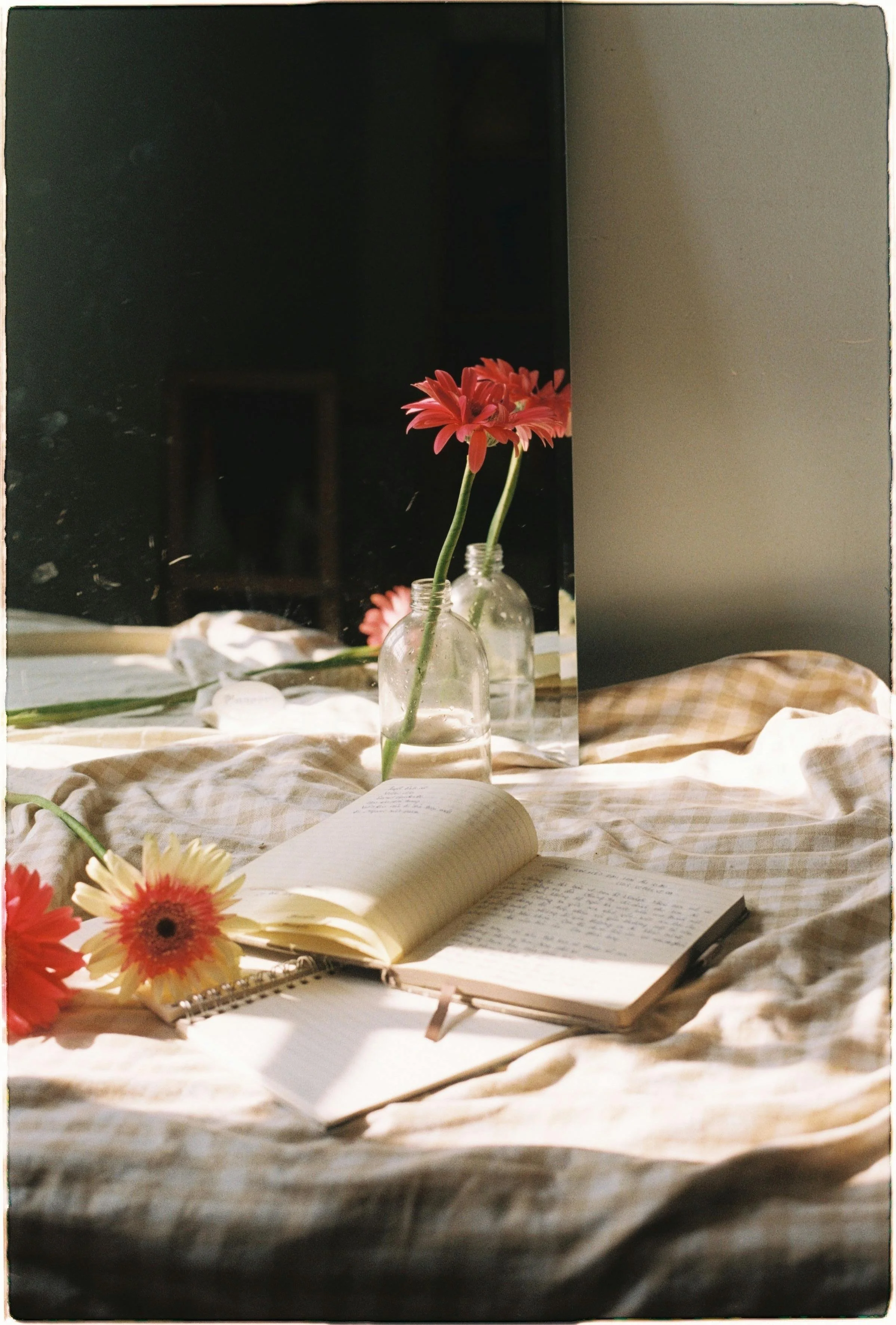The Three Questions
Glass Window Bridge, Eleuthera, Bahamas
- where two oceans meet in contrast yet remain connected.
The reflection I’m sharing today may feel counterintuitive for some, but I believe it’s worth putting into words. These thoughts helped me process difficult emotions and, in time, gave me the clarity and intention to act for my daughter - and for myself.
I work in healthcare, so the word autism was never unfamiliar. I had colleagues whose children were on the spectrum, and in that professional context, it was treated as something straightforward - a challenge met with knowledge and support. But when it came to my own child, everything changed.
When I voiced my concerns within my cultural circle, friction arose. I still remember someone telling me: “There’s nothing wrong with your daughter. The problem is you.” In my culture, raising a child on the spectrum was often equated with the failure of motherhood itself. That stigma cut deep. It left me questioning my worth, and it turned the thought of seeking help into something laced with shame rather than strength.
Looking back, I realize I didn’t yet have the words, but I was beginning to wrestle with deeper questions. Here are the three questions that became my compass:
Does loving a child require them to be “normal” first?
As parents, should we be more afraid of what others think, or more attentive to what our child truly needs for support?
Is it better to avoid a label out of fear, or to accept one if it means opening the door to support that can help your child thrive?
At first, I feared the label more than anything. But the diagnosis was never the true heartbreak. The real grief was watching the image of who I thought my daughter would be dissolve quietly before my eyes. And beneath that loss lay something even more tender: her difference became a mirror, reflecting back the places in myself I had not yet made peace with.
When I stopped needing her to be “fixed” in order for me to feel whole, something inside me softened. Grief and love learned to coexist. Pressure gave way to presence.
This understanding did not come all at once. In the beginning, I was simply trying to survive. For many parents, especially in the thick of it, love may feel entangled with fear or pressure - and that’s okay.
Starry Bridge was never meant to be the answer. It is a light. A soft reminder that even in chaos, love can someday feel like freedom rather than fear. And maybe, over time, that love becomes spacious enough to let each soul live the life it came here to live.
You just hope they live it fully, safely, and freely.
Not for you.
But for them.




